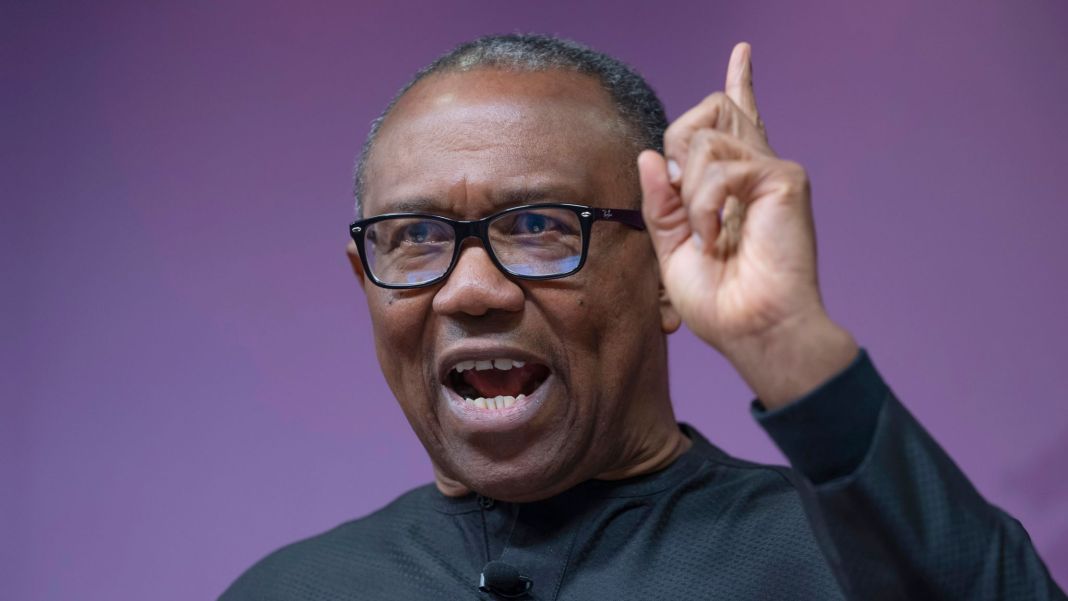The Labour Party and its presidential candidate, Peter Obi, have accused the Independent National Electoral Commission (INEC) of showing bias in favou
The Labour Party and its presidential candidate, Peter Obi, have accused the Independent National Electoral Commission (INEC) of showing bias in favour of Bola Tinubu, president-elect.
Obi and the LP filed a petition challenging the victory of the All Progressives Congress (APC) candidate in the presidential election.
In the petition marked CA/PEPC/03/2023 Livy Ozoukwu, lead counsel to LP and its presidential candidate, contended that Tinubu “was not duly elected by the majority of the lawful votes cast at the time of the election”.
Amongst other allegations, they also claimed that Kashim Shettima, vice-president-elect, had a double nomination in contravention of the electoral act.
However, INEC, through its lawyer, Abubakar Mahmoud, said the reliefs sought by Obi and his party are not grantable.
The commission prayed the court to either dismiss or strike out the petition for being grossly incompetent, abusive, vague, nebulous, generic, general, non-specific, ambiguous, equivocal, hypothetical and academic.
In a response filed on April 21, the petitioners faulted the electoral umpire for filing a preliminary objection.
The petitioners reprimanded the electoral commission for not maintaining neutrality in the matter, describing it as an embarrassment.
“The 1st respondent, forgetting its role as an electoral umpire, gave a notice of preliminary objection to challenge the alleged incompetence of the petition,” they held.
“The global best practice for electoral umpires in national elections is that an electoral body must avoid creating the impression that it has no respect for neutrality in an electoral contest between candidates.
“The appellate courts have repeatedly admonished the 1st respondent of its need to remain neutral in election proceedings. However, the 1st respondent hereof has remained impervious to change.
“Therefore, it is not only an embarrassment but a repudiation of the duty of the 1st respondent when it adorns the garb of a contestant in an election it conducted as an umpire to raise preliminary objection against an election petition as in the case hereof.
“The expectation is that INEC will maintain a neutral stance in all litigations where participants in elections are challenging the outcome of the elections and not indulge in filing objections to the petition.
“The petitioners will before or at the pre-hearing session or at the hearing of the petition, urge the honourable court to strike out and or to dismiss the 1st respondent’s notice of preliminary objection.”
The petitioners further faulted INEC for claiming that their petition is defective and not grantable.
“The 1st respondent’s contention that the reliefs sought in the petition are not grantable is false and made in manifest disregard of the specific and concise pleadings in the petition,” they said.
“The pleading in the 1st respondent’s notice of preliminary objection that the allegation in paragraph 20(ii) of the petition is defective and does not disclose a cause of action, is wishful thinking.”
